As global capital markets face challenges, Southeast Asia continues to perform well. However, total capital raised is at its lowest level in nine years.
As global capital markets face challenges, Southeast Asia continues to perform well. However, total capital raised is at its lowest level in nine years.
The challenges
According to data released by Deloitte, over the past 10 months, the initial public offering (IPO) market in Southeast Asia has seen 122 IPOs, raising about $3 billion. Although the number of IPOs has been stable, the total capital raised remains at a nine-year low.
The decline is largely due to the lack of blockbuster listings, according to Deloitte experts. In 2024, only one IPO raised more than $500 million, compared to four in 2023.
Malaysia, Thailand and Indonesia raised a combined $2.7 billion, accounting for more than 90% of Southeast Asia’s total capital raised. Malaysia leads in both the number of IPOs, total IPO capital raised and IPO market capitalization.
Notably, the Vietnamese market has only seen one IPO in the past 10 months, raising about $37 million. That is DNSE Securities Joint Stock Company. This company has developed Entrade X, a platform designed to provide a fast trading experience with a simplified interface for stock trading.
This is also Vietnam's first IPO in the financial technology sector and is about five times larger than the average value of IPOs from 2021 to 2023.
Ms. Tay Hwee Ling, Head of Southeast Asia IPO Services at Deloitte, said that in 2024, the Southeast Asia IPO market faces significant challenges. These include fluctuations in monetary policy, regulatory differences between markets and geopolitical tensions, affecting trade and investment. In particular, high interest rates in countries continue to restrict corporate borrowing, reducing IPO activity as companies decide to delay public listings.
Expectations for industry dominance
Looking ahead to the region’s IPO market, Deloitte analysts expect that expected interest rate cuts and easing inflation could create a more favorable environment for IPOs in the coming years. Southeast Asia’s strong consumer base, growing middle class and strategic importance in sectors such as real estate, healthcare and renewable energy remain attractive to investors.
“As foreign direct investment continues to flow into the region, 2025 is expected to be a year of new IPO activity across Southeast Asia,” said Tay Hwee Ling.
 As foreign direct investment continues to pour into the region, 2025 is predicted to be a year of new IPO activity across Southeast Asia.
As foreign direct investment continues to pour into the region, 2025 is predicted to be a year of new IPO activity across Southeast Asia. 
The basis for Deloitte’s leadership to make the above statement may come from the number of deals and the value of IPOs in the region in the first 10 months of this year. Accordingly, the consumer industry and energy - resources are the two dominant industries in the Southeast Asia region, accounting for 52% of the total number of IPOs and 64% of the total capital raised by IPOs.
It can be said that the consumer industry in Southeast Asia is transforming significantly due to changes in consumer behavior, leading to increased competition between local, regional and global companies.
This shift is driven by the region’s growing GDP, resulting in a growing and affluent middle class with greater spending power. As incomes rise, consumers are better placed to make more informed choices, with premium products and new experiences sought.
Meanwhile, the energy and resources sector, especially renewable energy, continues to be a focus for Southeast Asia, as the region grapples with issues of ensuring energy security, equity and environmental sustainability.
According to Mr. Bui Van Trinh, Deputy General Director of Deloitte Vietnam, the Vietnamese stock market is showing signs of recovery, supported by favorable macroeconomic conditions and a low interest rate environment. In addition, the Government has issued new regulations to improve the stock market's ranking to strengthen investor confidence in 2025.
Meanwhile, according to Ms Tay Hwee Ling, companies looking to list overseas should consider markets that represent the core growth segments for their businesses, where investors can better understand and evaluate their business models and where there are many similar companies listed.
In particular, if the market has many quality options, it will somewhat limit the flow of money into less well-known businesses. This requires companies conducting IPOs to have a comprehensive strategy to create a difference and attract large investors.
Source: https://baodautu.vn/thi-truong-ipo-vang-bong-bom-tan-d230996.html


![[Photo] General Secretary To Lam, Secretary of the Central Military Commission attends the 12th Party Congress of the Army](https://vphoto.vietnam.vn/thumb/1200x675/vietnam/resource/IMAGE/2025/9/30/9b63aaa37ddb472ead84e3870a8ae825)
![[Photo] Solemn opening of the 12th Military Party Congress for the 2025-2030 term](https://vphoto.vietnam.vn/thumb/1200x675/vietnam/resource/IMAGE/2025/9/30/2cd383b3130d41a1a4b5ace0d5eb989d)
![[Photo] The 1st Congress of Phu Tho Provincial Party Committee, term 2025-2030](https://vphoto.vietnam.vn/thumb/1200x675/vietnam/resource/IMAGE/2025/9/30/1507da06216649bba8a1ce6251816820)
![[Photo] President Luong Cuong receives President of the Cuban National Assembly Esteban Lazo Hernandez](https://vphoto.vietnam.vn/thumb/1200x675/vietnam/resource/IMAGE/2025/9/30/4d38932911c24f6ea1936252bd5427fa)
![[Photo] Panorama of the cable-stayed bridge, the final bottleneck of the Ben Luc-Long Thanh expressway](https://vphoto.vietnam.vn/thumb/1200x675/vietnam/resource/IMAGE/2025/9/30/391fdf21025541d6b2f092e49a17243f)
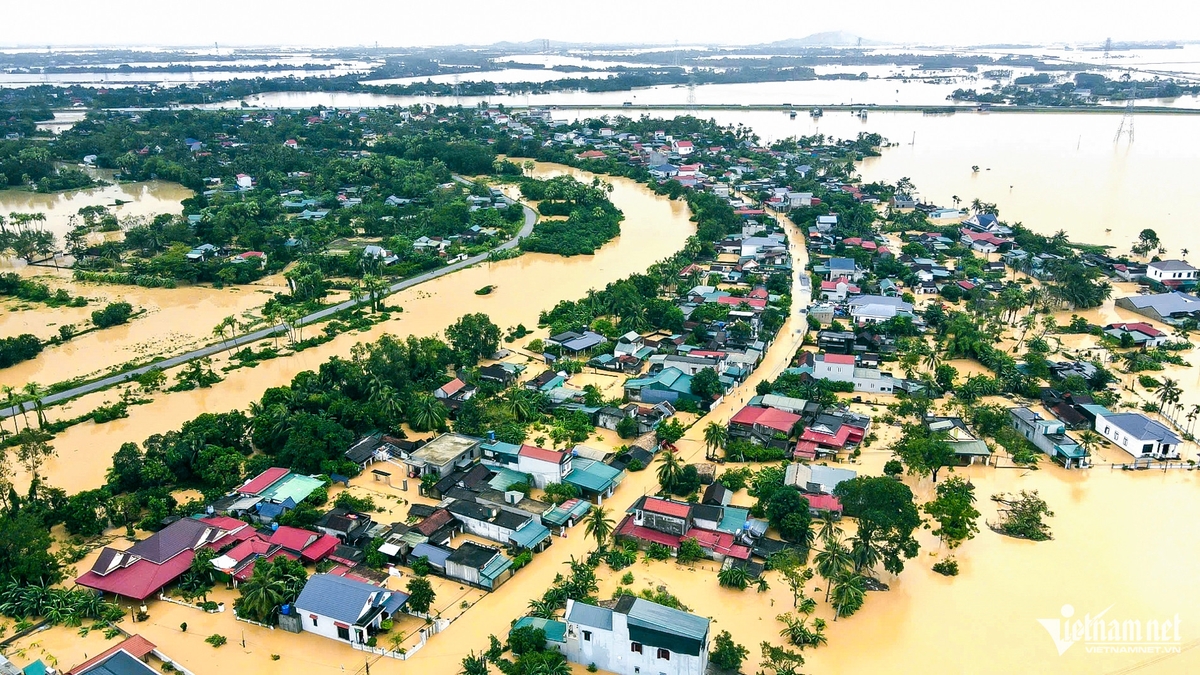

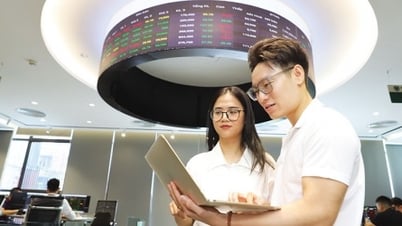












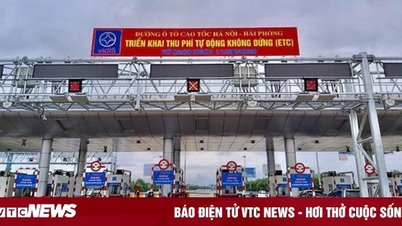







































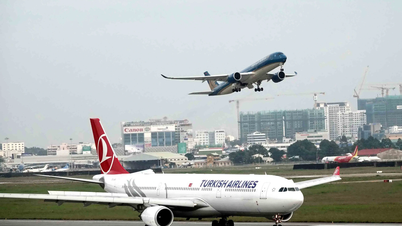













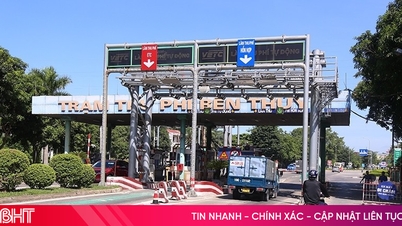







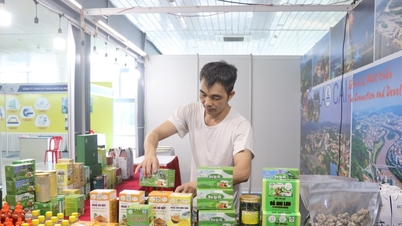









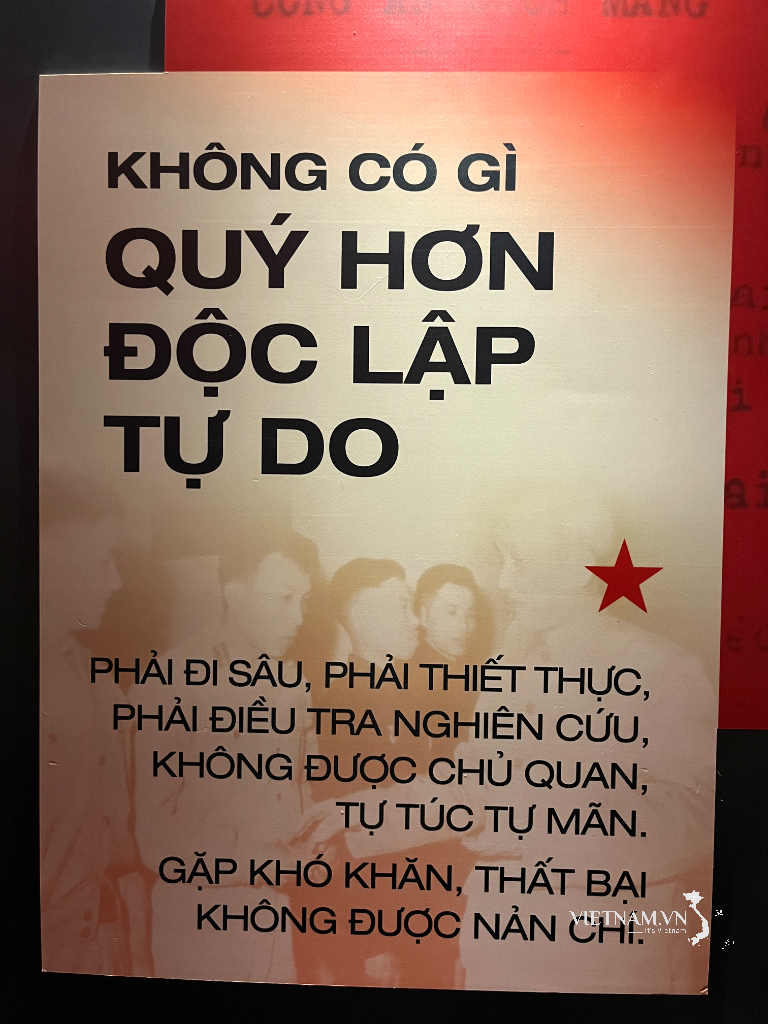
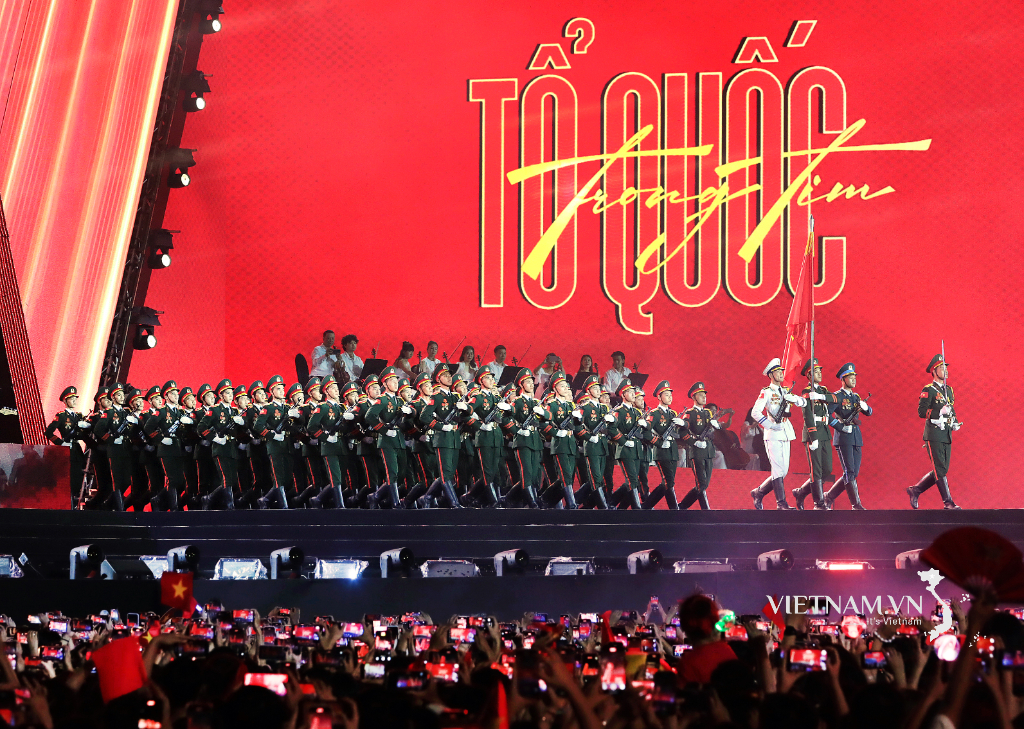


Comment (0)